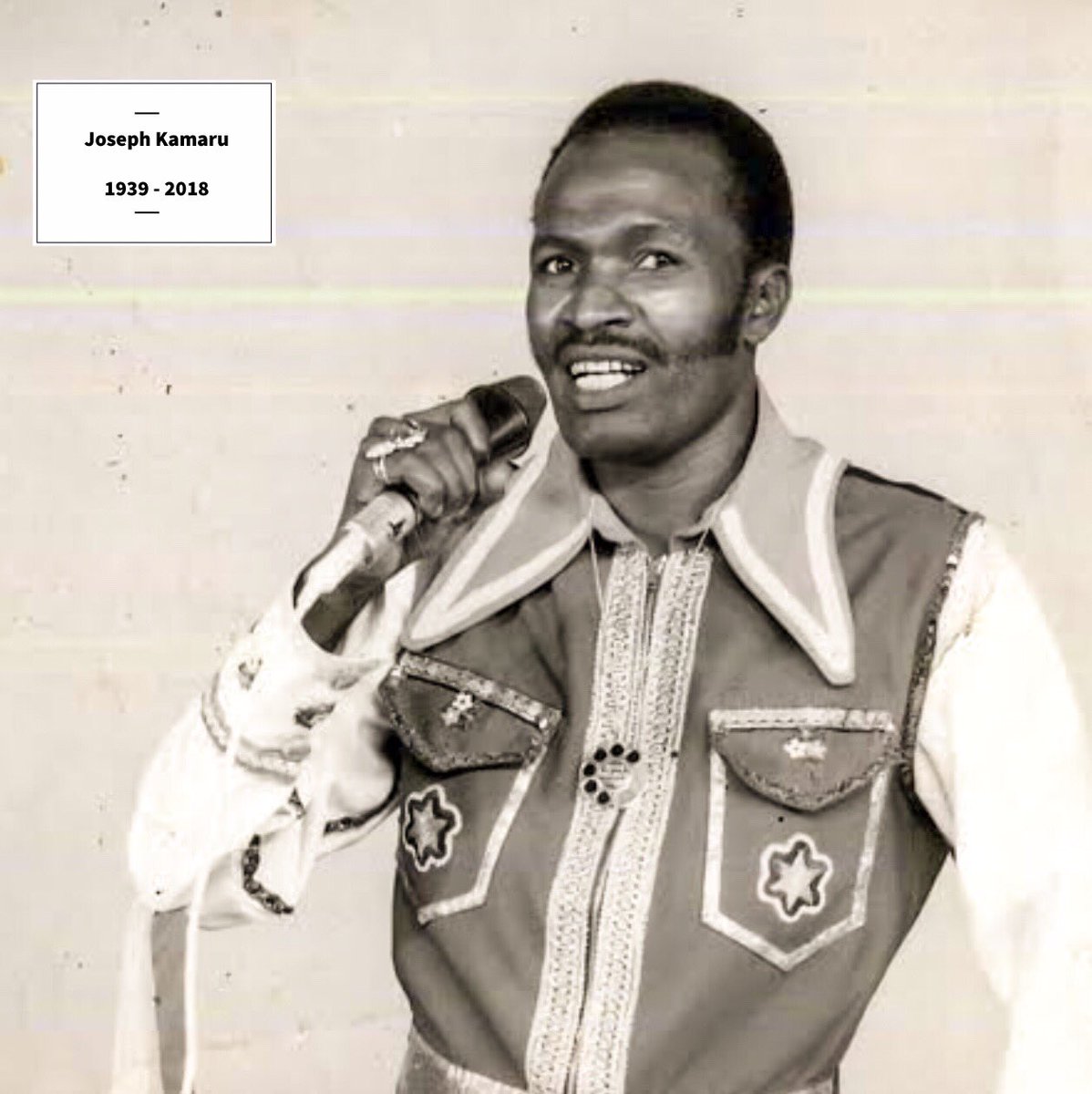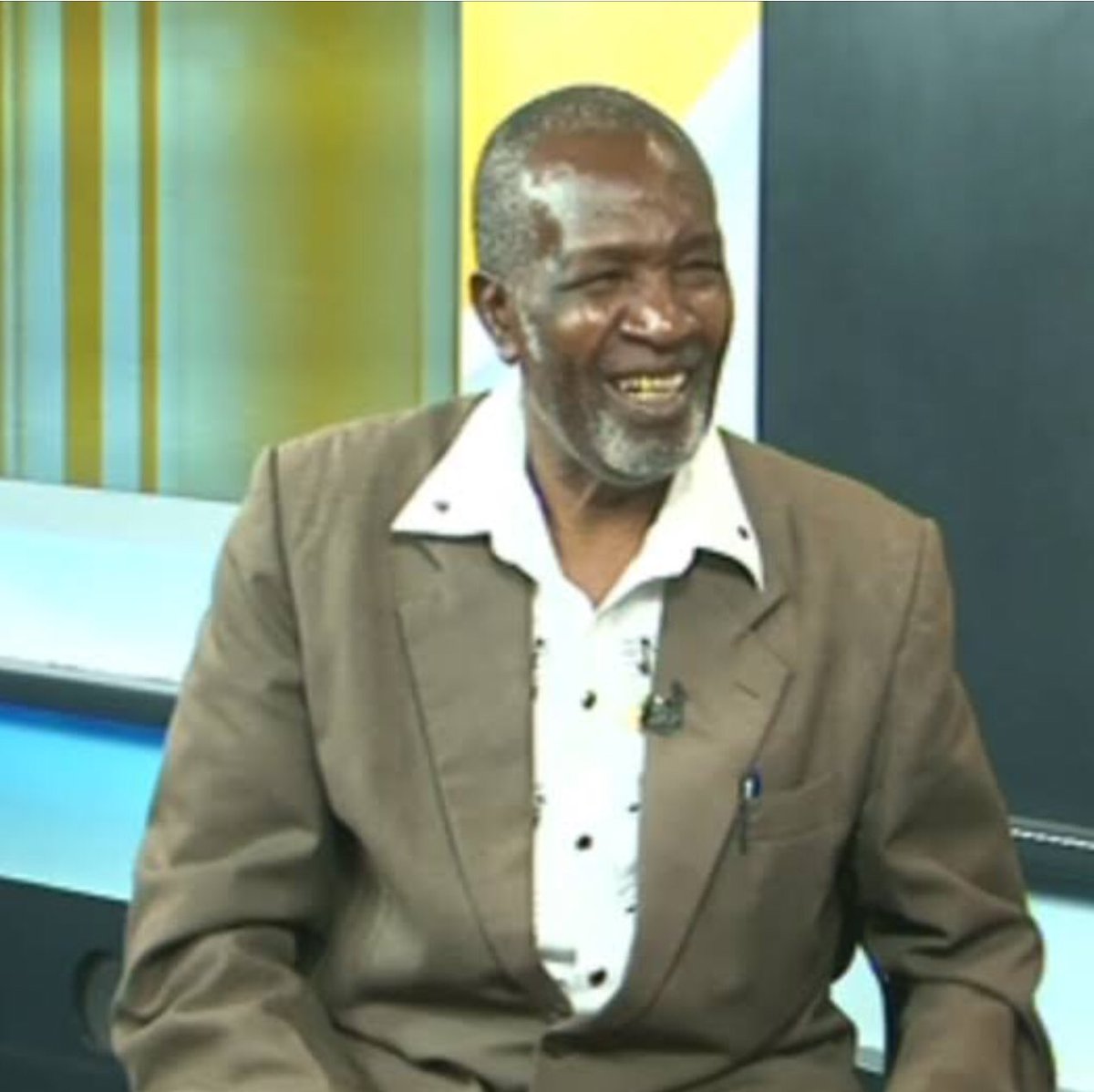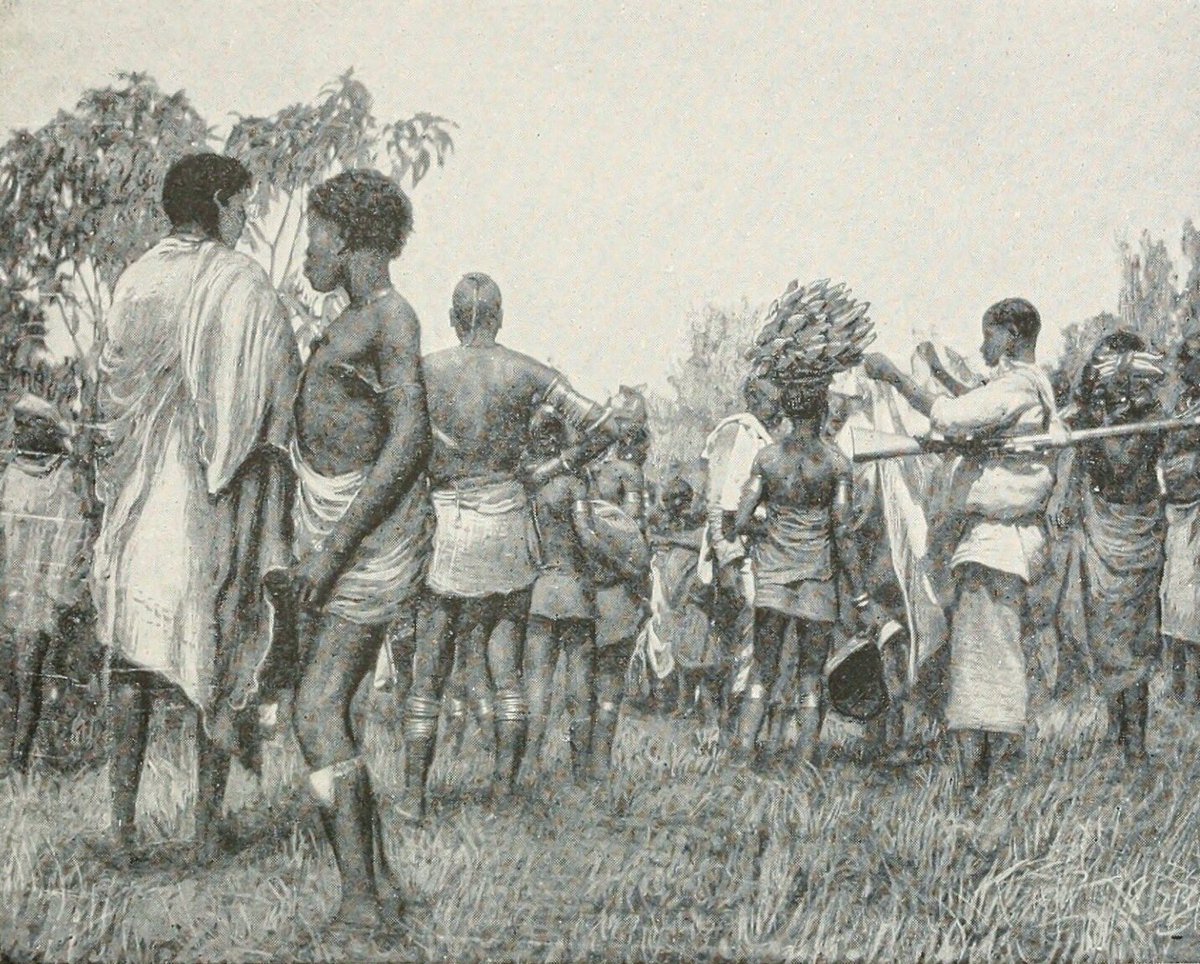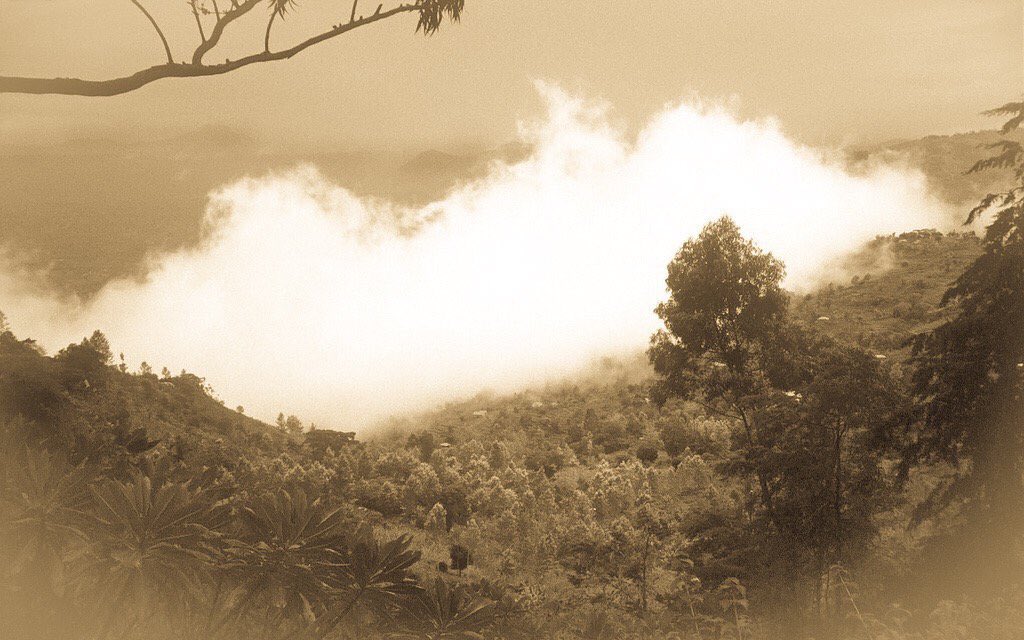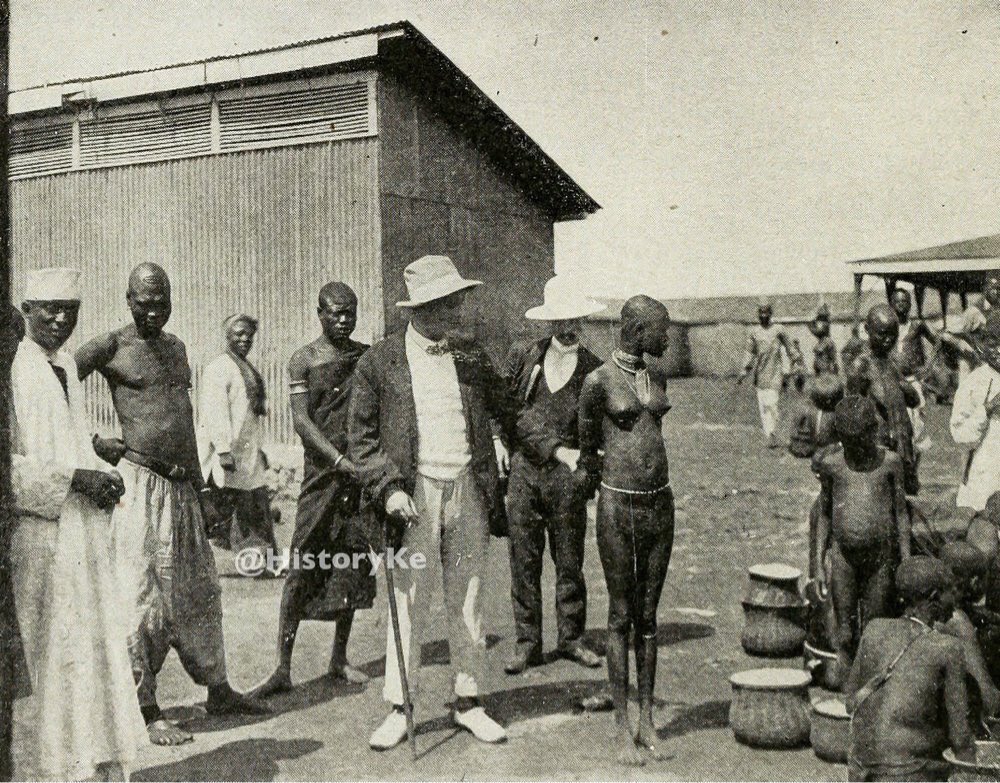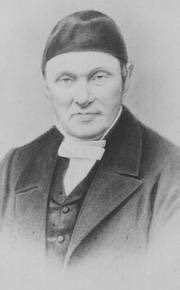#HistoryKeThread: In his book, The Making Of A Colony, Lord Cranworth made comparisons between various communities in Kenya.
The comparisons were made between 1908 and 1912, when the book was published.
The comparisons were made between 1908 and 1912, when the book was published.
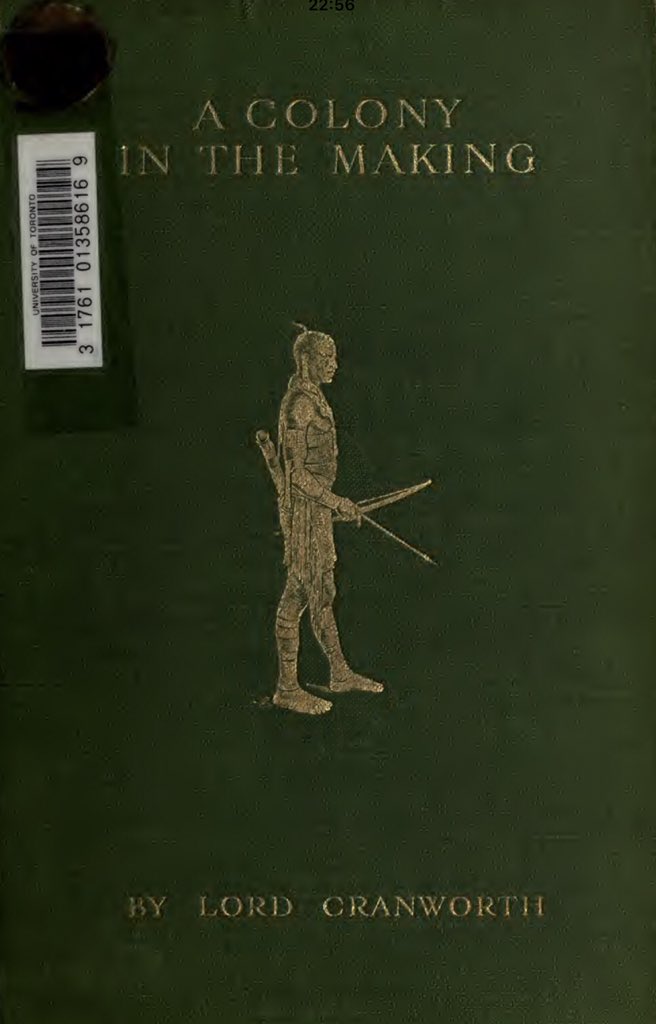
He had fond things to say about the Luo, but wasn’t half as flattering in his analysis of, say, the Agîkûyû or the Kamba.
In his observed opinion, the lakeside community was made up of hard working men.
In his observed opinion, the lakeside community was made up of hard working men.
Unlike the Agîkûyû, whom he said left a lot of the hard work to their womenfolk, the Luo man was industrious, happy to get his hands dirty on strenuous chores. This, according to him, was the reason why the average Luo man had a tall and muscular demeanour. 

Like John Henry Patterson before him, Lord Cranworth also made reference to the “dressed in air” tendency by the Luo, which character made them popular with European photographers at the turn of the 20th century. However, like Patterson again, he was quick to add that...
...in spite of their nudity, Luos were otherwise of moral character.
“Probably the Kavirondo have attracted most attention from one rather curious feature: the fact that neither sex is accustomed to wear a single stitch of clothing”, he wrote.
“Probably the Kavirondo have attracted most attention from one rather curious feature: the fact that neither sex is accustomed to wear a single stitch of clothing”, he wrote.

“I take it that hardly a tourist or shooter but has returned from the Protectorate the richer by a large bundle of photographs marked “private” depicting adult Kavirondo of either sex in full costume, which consists in the case of the women of as many beads and necklaces as...
...her position warrants, and in the case of the man of a very elaborate headdress.
It is not surprising to find that both sexes are exceedingly moral and respectable. It may be, true that beauty unadorned is beauty adorned the most, but it is equally true that female beauty...
It is not surprising to find that both sexes are exceedingly moral and respectable. It may be, true that beauty unadorned is beauty adorned the most, but it is equally true that female beauty...
of form concealed, yet hinted at, is more attractive to the male sex. It may be presumed that it was this immoral desire for admiration, mixed with curiosity, that induced Eve to adopt her first petticoat. This immoral desire still lies dormant among the Kavirondo....” 

We also learn that the Agîkûyû had a knack of pursuing settlement of their wages from their European even before the agreed payday. Luos, on the other hand, were in no hurry to get paid, and toiled for days beyond the due date without seeking their wages.
Excerpts:
Excerpts:
“(Luo man) is a much more cheery individual and also more trusting and trustworthy....
...thus he does not demand his wages on the day they are due or rather generally two or three days before, as is invariable in the employment of Kikuyu. Very often he will not take...
...thus he does not demand his wages on the day they are due or rather generally two or three days before, as is invariable in the employment of Kikuyu. Very often he will not take...

... his wages until the end of six months, perfectly confident in the honesty of his employer...
...Although by no means adverse to petty thefts and crimes, he does not, up to the present, at all events, combine to put the screw on his master, but rather accepts just punishment when necessary with complete composure....”
In a previous post, I noted that although not inclined to belligerence like the Nandi or Lumbwa (Kipsigis), the Kamba were nonetheless formidable in war. So much so that their Galla and Maasai neighbours were wise to keep off Kamba territory.
“They rely principally on poisoned arrows, to which weapon their country, which is very heavily bushed, lends itself admirably”, wrote Lord Cranworth.
But that’s just about the only glowing assessment that Lord Cranworth had on the Kamba, whose dancers appear here in this 1925 photo.
This is how he further described them:
This is how he further described them:

“The Wakamba are somewhat unattractive in appearance and character, very much given to drunkenness, and without morals of any sort. They are both a pastoral and agricultural race. Their cattle have increased in number greatly lately, and as they have not...
...for some time suffered from famine, which from the nature of their country must occur periodically, they are at present very well off....
...owing to this fact they have not to any extent augmented the labour market, but it is reasonable to expect that they will do so in the future. There are good hopes that this tribe may prove of very considerable service to the Protectorate....”
An adventurer and author, Lord Cranworth was among three British settlers who founded Nyeri’s White Rhino Hotel. 



• • •
Missing some Tweet in this thread? You can try to
force a refresh


